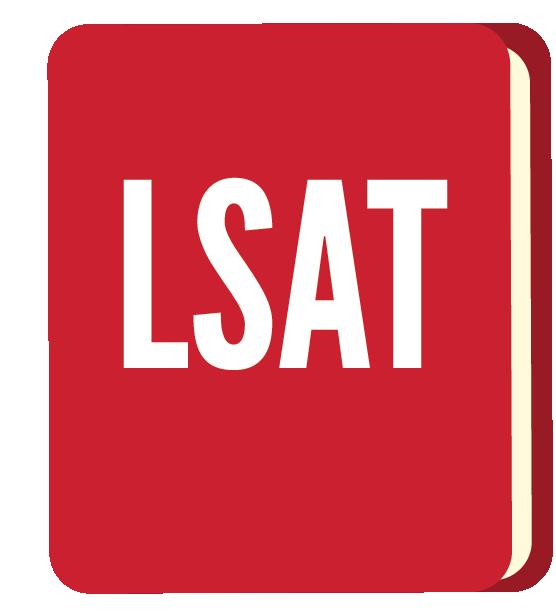
5 minute read
Graduate school: should you apply?
By Autumn Rendall
There are plenty of reasons you might decide to look into graduate school programs — whether it’s a necessary step for your career, you’re looking to advance your knowledge or pay at your existing job, you’re planning on making a career change or you’re looking to broaden your horizons. Pursuing graduate school can be a rewarding choice for many, depending on your goals and circumstances.
Advertisement
If applying for graduate school is something you’re considering, here are some things to keep in mind from one graduate student to another when it comes to deciding whether to go and the application process.
Make sure you’re clear on your reason for attending
While it’s a common joke that many graduate students choose to go to graduate school because they just weren’t sure what to do after their undergraduate degree and are now in too deep, that situation can be a reality for some students. If you have the time and money to attend graduate school without a concrete reason, then by all means go ahead. However, for many of us it’s important that we know exactly why we’re willing to put in the work that way when things get difficult, you can remind yourself of what it’s all for.
Figure out your payment plan
Graduate school isn’t only a large time commitment, but also a financial one. When considering graduate school, do some research on what the top programs you’re interested in are going to cost you and what methods you could use to pay for them. Would you be able to work at the same time to pay off school? Could you take out a loan? Try looking into scholarships offered by your hopeful schools and outside organizations.
Do research on which programs you’d like to apply to
Not every graduate school is right for everyone, so it’s important to make a list of what you’re looking for out of your hopeful program and research schools that offer what you need. Factors like location, expense, career advancement opportunities, employment after graduation rate and the potential for research are just some of what people like to look at in the process of finding their dream school.
Familiarize yourself with the application process
Now that you’ve finally chosen your top graduate schools and safety choices, the real stressful part is applying. Graduate admissions are different and a bit more complicated than what you might be familiar with from your undergraduate, so you’re going to want to familiarize yourself with the process before you get started. Though admissions requirements can vary from school to school and program to program, here are some common steps to take in
order to ace your applications.
Make sure you know the requirements and deadlines for your program
Be aware of what each school you’re applying for requires from you during the application process. Believe it or not, it’s not that fun when you’re about to hit the submit button and you realize you have to write an extra essay you didn’t know about.
Ask for recommendation letters
Graduate schools will often require at least one recommendation letter, so it’s important to figure out which of your professors or former/ current employers you’d like to speak on your behalf well in advance. Make sure to be polite and understanding when asking for the recommendation because this is a big favor that your recommendation writer doesn’t necessarily owe you. Give your writers at least two weeks time before you’d like them to turn in the letter, and you might want to show them an updated resume of yours so they can see what you’ve been up to professionally since they last supervised you. When they submit your letter, make sure to thank them profusely.

Graphic by Jiselle Santos

Study up and take your GRE
Make sure to look into if your hopeful graduate school you’re applying for offers a waiver that allows you to skip the test. For example, if you went to UH for your undergraduate and meet certain requirements then some UH graduate schools will offer you a GRE waiver.
Request your transcripts from every college you’ve previously attended ahead of deadline.
Sometimes transcripts can take longer than you’d like to be processed, so make sure you request each one from every previous college you’ve attended well in advance.
Create a resume that shows off your academic and professional experience that prepares you for this graduate program
Some graduate school applications require explanations about your employment or volunteer experience, so having a resume ready that shows off all of your professional and academic achievements comes in handy.
Write your personal statement.
A personal statement for graduate school admissions is an essay you write that explains why you’re a perfect fit for the program you’re applying for. This is your time to talk about your passion for what you’ll be studying, why you’re applying for this specific program at this school, your qualifications and experience in the area you’ll be studying, and your goals during the program and after your graduate from it. Spend a good amount of time working on this essay, and don’t be afraid to give it a hefty amount of rewrites and edits.
Some programs might ask for samples of your work or research.
Select the examples that best show off your capabilities for the program and that you’re most proud of. If you can, have your professor or employer familiar with the project or subject matter review it just in case.
Triple check all of the application’s steps and the documents you’ve submitted, and make sure you’ve filled out and written everything correctly.
We’re all humans, and we all certainly make typos. In order to show that you cared enough to pay attention to all the details of your application, block out some time to carefully reread everything you’re submitting.
Submit your work and wait!
Graphic by Jiselle Santos










